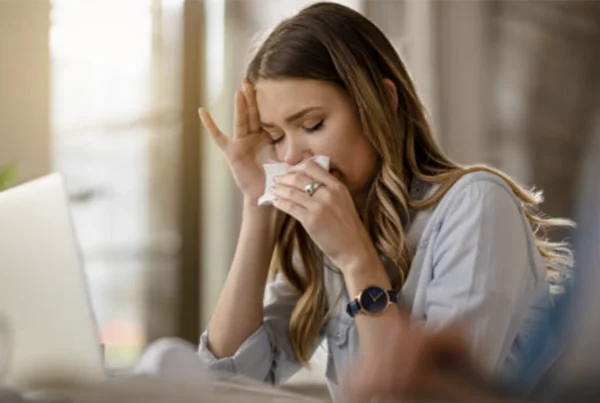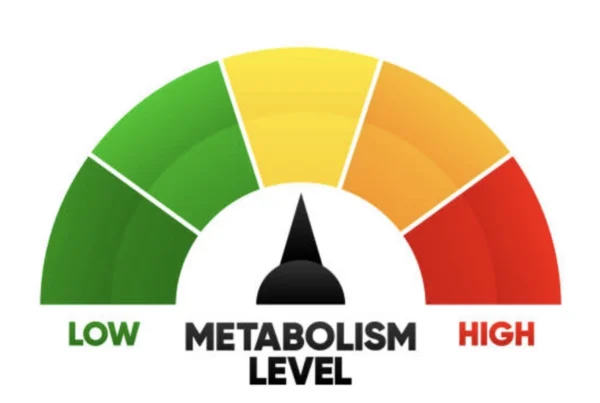There are a whopping 792 million people that suffer from mental health issues in the world. Depression and anxiety are the most common disorders, closely followed by bipolar disorder, eating disorders, schizophrenia and alcohol abuse. While traditional therapies do provide adequate treatment, it only delivers up to the point where the patient’s disorder becomes treatment-resistant. Psychedelic assisted therapies aim to treat these issues with the help of substances that were frowned upon before. Although, as newer researches come into light advocating for the benefits of psychedelics, a new and alternative method of mental therapy emerged. The therapeutic process includes ‘talk-therapy’ assisted with the use of a psychedelic substance such as:
Psilocybin Assisted Therapies
Psilocybe is labeled as a ‘Breakthrough Therapy’ for severe treatment-resistant depression. It is the active ingredient that is found in ‘magic mushrooms’. It is a naturally occurring hallucinogenic compound that acts on serotonin receptors in the body. These have been used in both religious and native rituals for centuries. They can cause visual and auditory hallucinations along with sensory and spiritual experiences. Psilocybin cubensis research has proven that it has the power to alter brain neural pathways. Currently undergoing clinical trials, psilocybin therapy shows a lot of promise to have long-lasting impacts on depression treatment, and it can also be found in lower doses in products such as Golden Door chocolate bars.
Cannabis Assisted Therapy
The benefits of cannabis are being rapidly known. There is a multitude of research coming to light regarding its potential benefits such as relief of chronic pain, improving lung capacity, regulating diabetes, fighting cancer, regulating seizures, and even a treatment for glaucoma. The strains mostly used for medical benefits are White Widow, Birthday Cake Strain and Amnesia Haze. Besides this, it has been known to help insomnia, anxiety and depression. Further trials are being conducted as cannabis also shows promising evidence for treatment of Post-Traumatic Stress Disorder (PTSD), Autism disorder, treatment-resistant depression and anxiety. The use of medical marijuana is on the rise, with some using a combination of talk-therapy and psychotherapy with prescription cannabis, in order to release anxiety and stress.
Methylenedioxy-methamphetamine Assisted Therapy (MDMA)
Methylenedioxy-methamphetamine (MDMA), is a psychoactive drug that was mostly taken for recreational purposes but is currently in phase three clinical trials for the treatment of depression, social anxiety and PTSD. It is also known to increase feelings of compassion and empathy in the user. The use of MDMA to assist psychotherapy for these disorders has been successful, showing that after a two month follow up, more than half the patients that had been given MDMA for psychotherapy did not meet the criteria for PTSD anymore. The results also indicate that there are prolonged healing effects on cognition and decision-making after MDMA-assisted psychotherapy.
Lysergic Acid Diethylamide Assisted Therapy (LSD)
Lysergic Acid Diethylamide (LSD) is a synthesized and potent hallucinogenic that results in altered feelings, thoughts, perceptions and synesthesia. It has remained a very controversial drug throughout history and was first banned in 1966. It has recently been acknowledged for its potential therapeutic effects, especially for treatment-resistant disorders. It plays an important role in the serotonin neurotransmitters and results in changes in brain elasticity, that is, newer neural pathways being made in the brain. LSD has proven to be beneficial for PTSD, anxiety, depression and even Schizophrenia.
Although hard to maneuver, if used properly, psychedelic-assisted therapy shows promising evidence of being the new ground-breaking way of alternative treatment.







